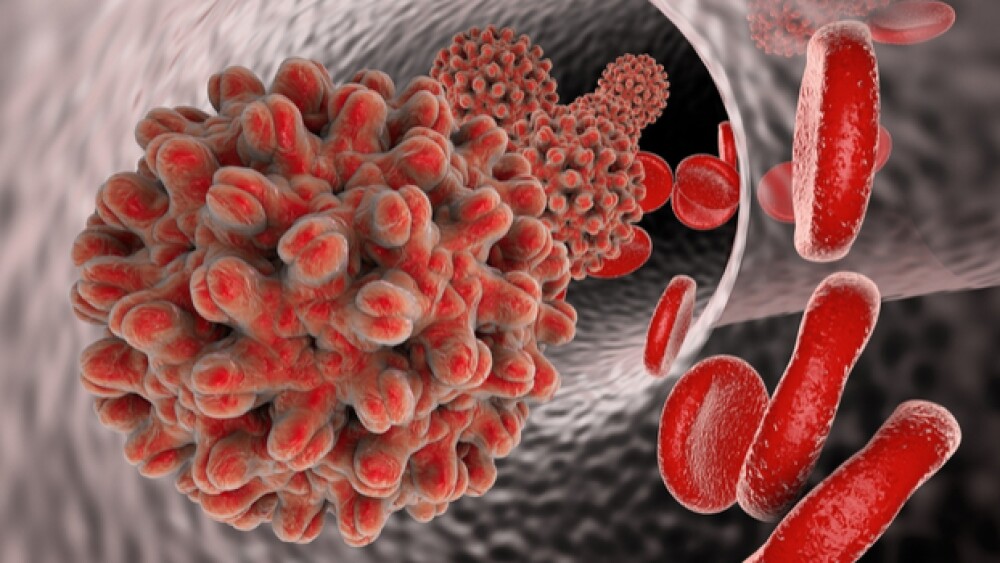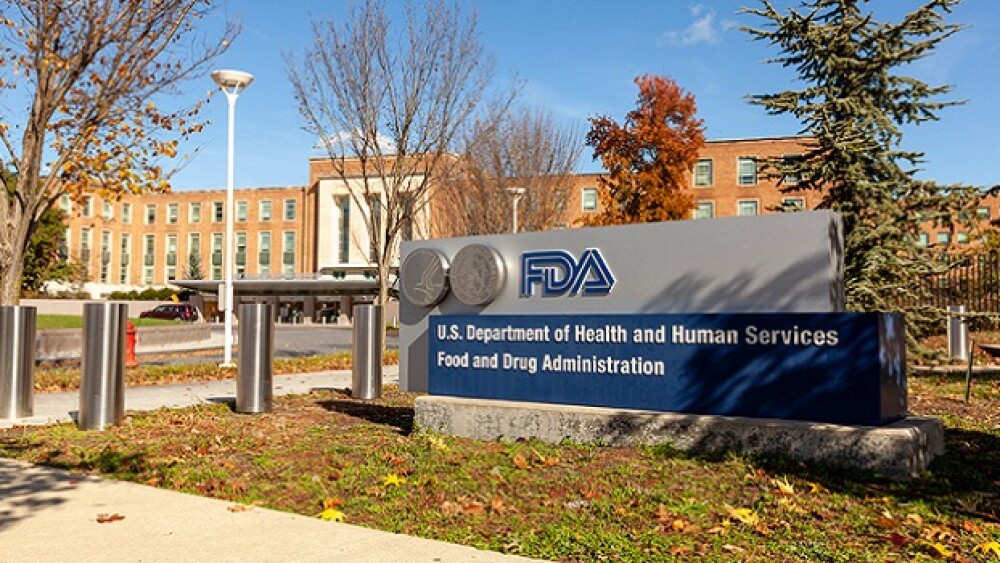Data from the ongoing Phase II trial, as well as results from the Phase I trial of VR-2218, was released during a live webcast presentation on Wednesday.
Vir Biotechnology announced findings from their Phase 1/2 trial testing VIR-2218 that show positive results for patients with chronic hepatitis B virus (HBV) infection. Data from the ongoing Phase II trial, as well as results from the Phase I trial of VR-2218, was released during a live webcast presentation on Wednesday.
VIR-2218 is an investigational HBV-targeting small interfering ribonucleic acid (siRNA) with the potential to prompt an effective immune response and have direct antiviral action against HBV. It is designed to inhibit the production of HBV proteins, specifically HBsAg. This is the first siRNA in the clinic to include Alnylam’s Enhanced Stabilization Chemistry Plus (ESC+) technology to increase stability and decrease off-target activity. Additionally, it’s the first asset to enter clinical trials in Vir’s collaboration with Alnylam.
Provisory data from the Phase II trial shows that, through 24 weeks, VIR-2218 results in a significant dose-dependent and durable decrease in hepatitis B surface antigen (HBsAg) in patients with chronic HBV who received two doses of VIR-2218. Comparable outcomes were found in both HBeAg- and HBeAg+ patients.
In the ongoing Phase II trial, patients received two subcutaneous doses of either 20, 50, 100 or 200 mg of VIR-2218 on day one and day 29 of the trial. The mean change in HBsAg among doses were -0.76 log10, -0.93 log10, -1.23 log10, and -1.43 log10, respectively. All of the patients who received the 200 mg dose observed a ≥1 log10 decrease in HBsAg, with HBeAg- and HBeAg+ patients showing similar mean declines.
“The rapid and sustained dose-dependent knockdown of surface antigen observed in this trial with only two doses of VIR-2218 is impressive,” said Edward J. Gane, M.D., Professor of Medicine at the University of Auckland, New Zealand, and Chief Hepatologist, Transplant Physician and Deputy Director of the New Zealand Liver Transplant Unit at Auckland City Hospital. “Notably, this response was seen in both the HBeAg- and HBeAg+ patient groups, demonstrating that this single siRNA can knock down HBsAg in patients regardless of the stage of their disease. Novel agents like VIR-2218 that reduce the high viral antigen burden associated with chronic HBV infection will likely become the cornerstone of future functional cure regimens.”
VIR-2218 was well-tolerated by the majority of patients with most treatment-emergent adverse events (AE) being reported as mild, and no dose-related trend in frequency was observed. The most commonly reported AE was a headache. There was no discontinuation of patients from the trial due to an AE. Additionally, no alanine transaminase (ALT) elevations of clinical significance were observed.
“We are pleased that the data from our VIR-2218 Phase 1/2 clinical trial continue to support the potential of this molecule to be the backbone of a treatment regimen aimed at the functional cure of chronic HBV infection,” said Phil Pang, M.D., Ph.D., Chief Medical Officer of Vir. “Our next step will be to demonstrate whether knockdown of HbsAg can result in high rates of functional cure when VIR-2218 is given in combination with other agents, which is the goal of our next set of trials. We expect the first of those combination trials – combining VIR-2218 with a shortened course of pegylated interferon - to begin dosing patients in the second half of this year.”





